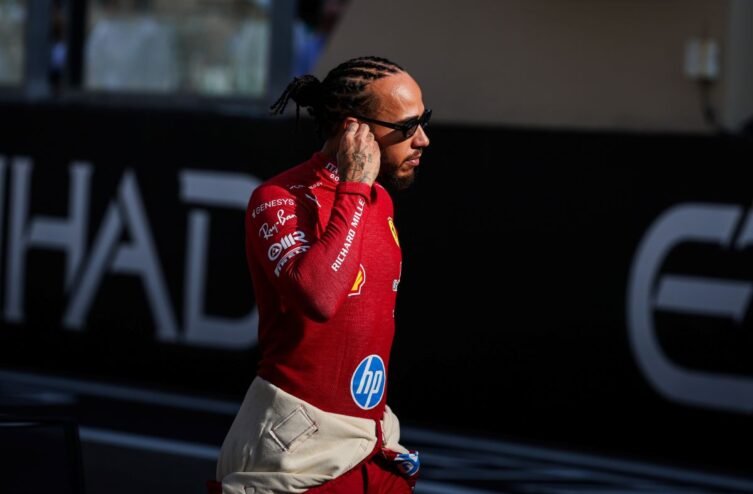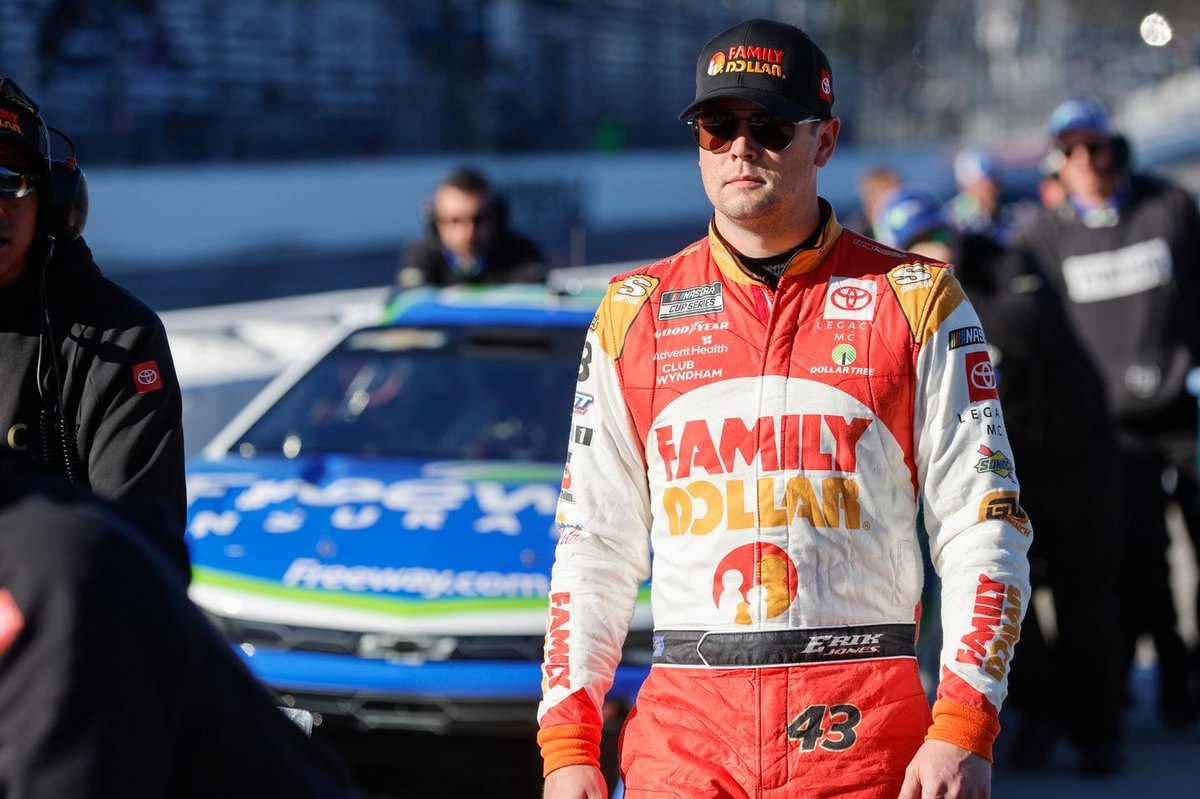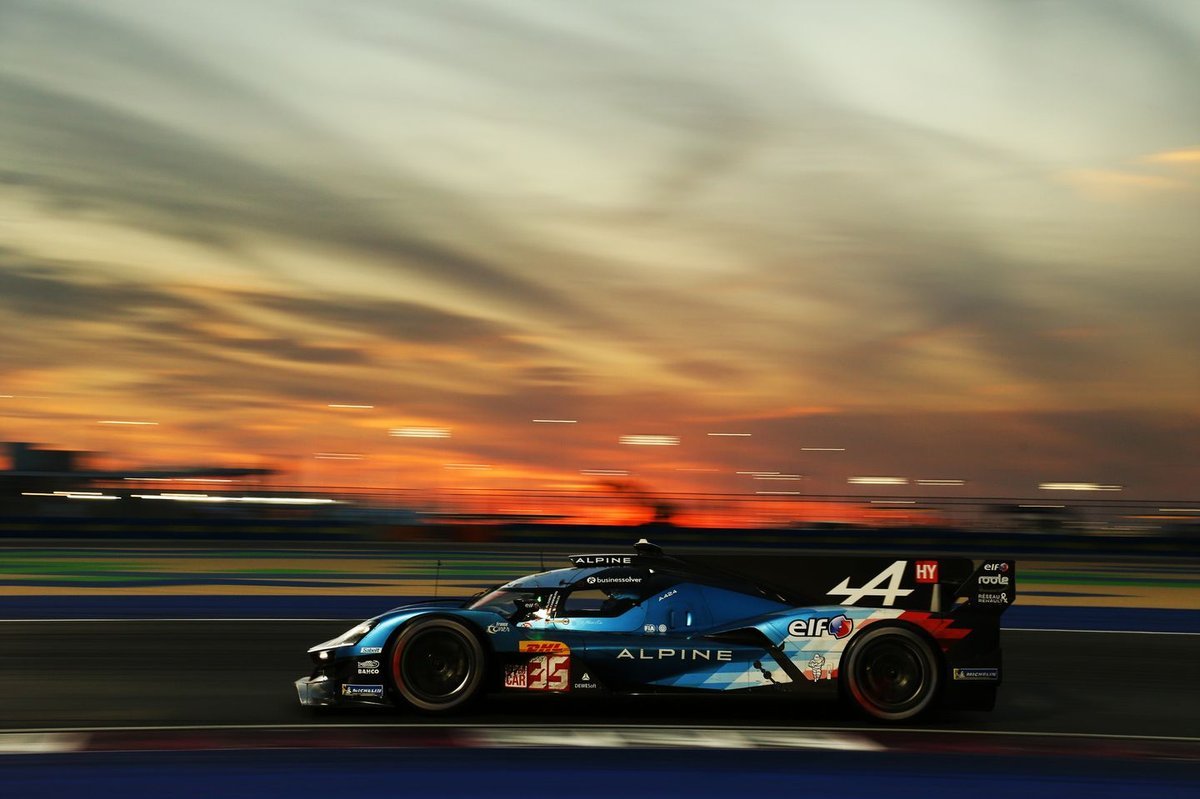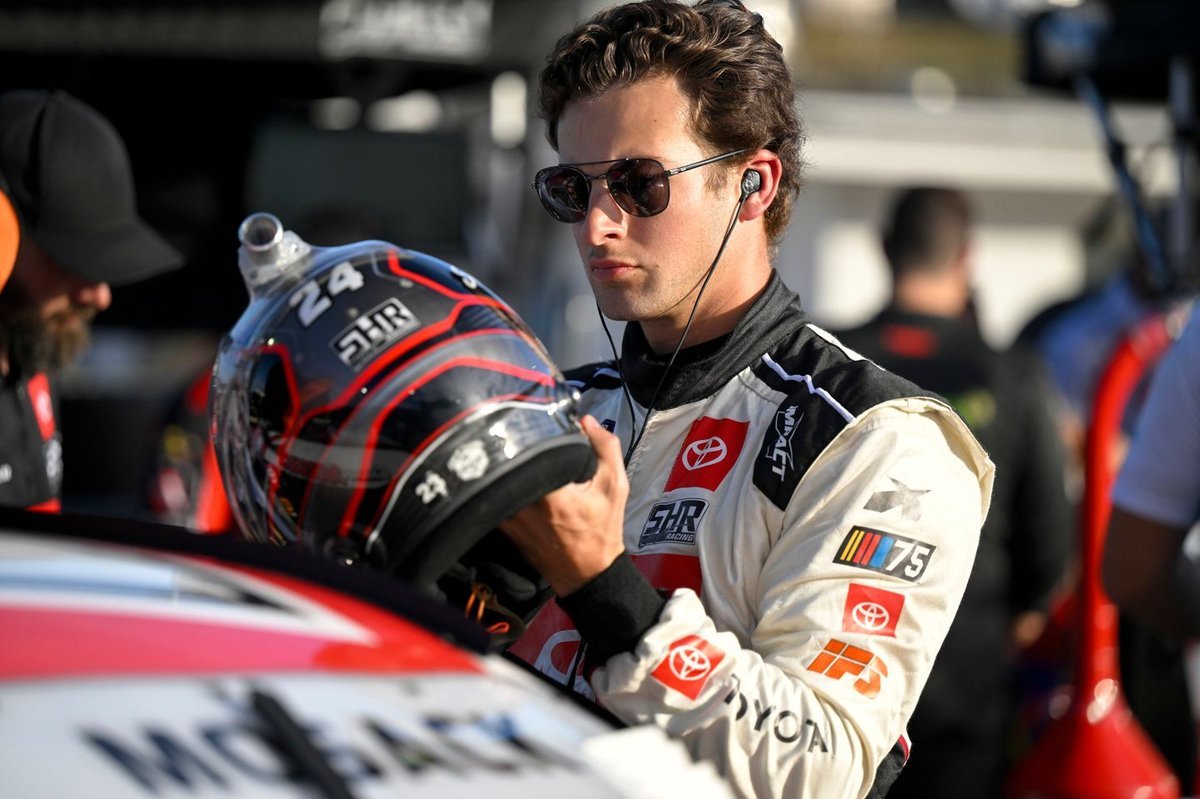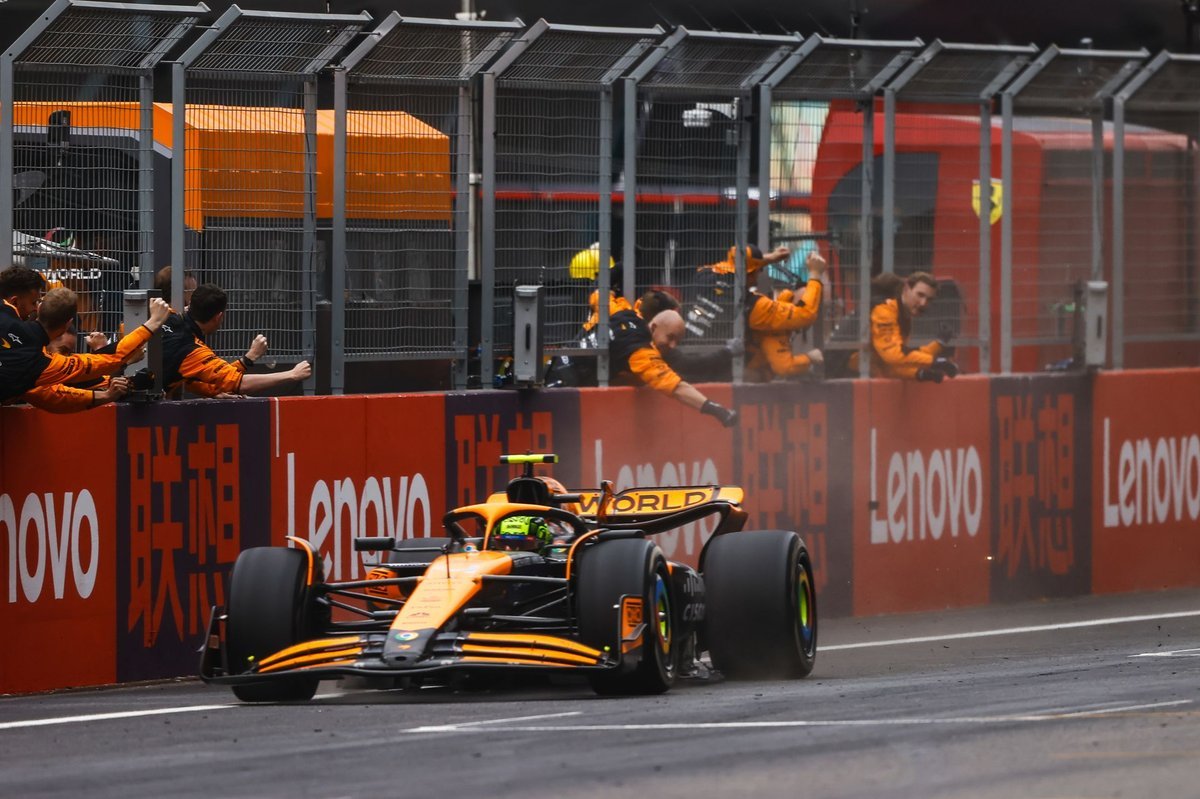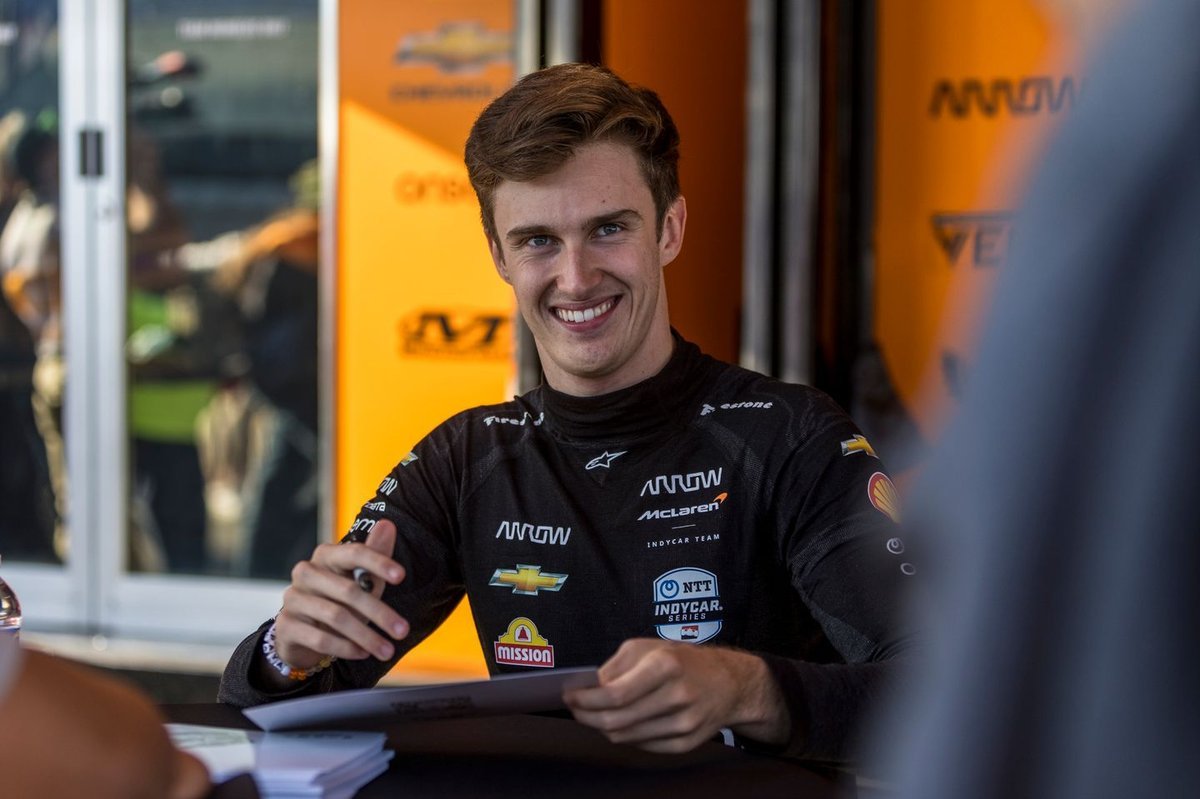
Source – PlanetF1.com
Zak Brown, the manager of a Formula 1 team, has taken a daring stance on a contentious topic that is presently being discussed in the sport.
The 2024 Formula 1 season has been nothing short of historic, with McLaren surging back to the forefront of the constructors’ championship, leaving longtime rival Red Bull trailing in their wake. This resurgence has electrified fans and injected fresh excitement into the sport. While Red Bull’s Max Verstappen remains a dominant force in the drivers’ standings, McLaren’s Lando Norris has proven a formidable challenger, with three grand prix victories and a season-long battle that has kept the title race gripping until the very end.
As the sport looks ahead to 2025, the competitive stakes are set to escalate. McLaren faces a new layer of competition, not just from Red Bull but also from Ferrari, who will feature a superstar lineup of Lewis Hamilton and Charles Leclerc. With such a tantalizing battle brewing on the track, Formula 1’s off-track developments have also taken center stage, particularly the ever-evolving and often contentious issue of the race calendar.
The sport’s growth in popularity has led to a record-breaking 24-race calendar in 2024, a grueling schedule that has sparked considerable debate among fans, teams, and stakeholders. The strain on drivers and personnel is undeniable, yet the demand for new venues continues to grow. Countries such as Argentina, inspired by homegrown talent like Franco Colapinto, are keen to join the roster. Meanwhile, iconic European circuits such as Spa-Francorchamps, Monza, Imola, and Silverstone face uncertainty, with the FIA confirming plans to rotate certain races to accommodate the growing interest from new markets.
McLaren CEO Zak Brown, never one to shy away from voicing his opinion, has offered a bold and potentially controversial take on the issue. Speaking to the media, Brown addressed the challenges and opportunities of managing a calendar that balances tradition with innovation.
“Formula 1 and the FIA work well together and discuss everything that has to do with Formula 1,” Brown remarked, setting the stage for his vision. He acknowledged the logistical and physical demands of the current 24-race schedule, describing it as “really the maximum” the sport can handle. Yet, Brown’s proposal for the future goes beyond merely maintaining the status quo.
“I think we should have 20 fixed races and eight races that rotate every other year,” he suggested, presenting a solution aimed at preserving the heritage of classic tracks while accommodating the growing global interest in Formula 1. Brown’s plan envisions a dynamic calendar that alternates certain venues annually, allowing for greater geographic diversity and the potential to bring the sport to new audiences.
“Wouldn’t it be great if we were in 28 markets?” Brown mused, highlighting the commercial and cultural opportunities that such an approach could unlock. His vision underscores a pragmatic understanding of the sport’s expanding global footprint and the need to strike a balance between honoring its European roots and embracing its international future.
While Brown’s proposal is grounded in strategic reasoning, it is not without controversy. Many fans have voiced concerns about the potential loss of consistency and the dilution of iconic races that have defined the sport for decades. For them, tracks like Spa and Monza are more than venues; they are sacred ground. The idea of rotating these circuits risks alienating a loyal fanbase that cherishes the history and tradition of Formula 1.
Yet, Brown’s perspective reflects a forward-looking approach to the sport’s evolution. The commercial appeal of expanding into new markets cannot be overstated. The addition of races like Las Vegas in recent years has demonstrated the potential to attract new audiences and increase global engagement. For Brown, ensuring the sport’s growth means making tough decisions, even if it means reimagining its cherished traditions.
The McLaren boss is no stranger to taking bold positions, and his comments are likely to ignite heated discussions within the paddock and beyond. As the debate over the future of the F1 calendar continues, Brown’s vision serves as a reminder of the delicate balance the sport must strike between preserving its legacy and embracing its future.
With McLaren enjoying a renaissance on the track, Brown’s leadership extends far beyond car performance and race strategy. His influence is shaping the broader conversation about the direction of Formula 1, making him a key player not just in the constructors’ championship but in the evolution of the sport itself. Whether his ideas for the calendar are embraced or rejected, one thing is certain: Zak Brown’s voice will not go unheard.
As Formula 1 gears up for another thrilling season in 2025, the decisions made off the track may prove just as pivotal as those made on it. The question now is whether the sport’s stakeholders will align with Brown’s vision or take a different path. Either way, the future of Formula 1 promises to be as dynamic and unpredictable as the racing it showcases.





